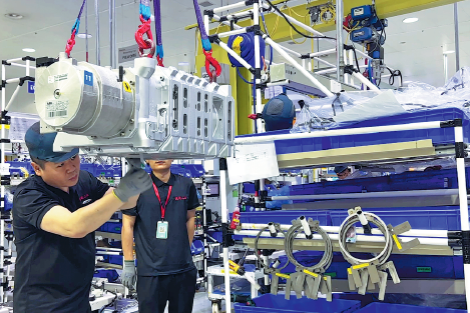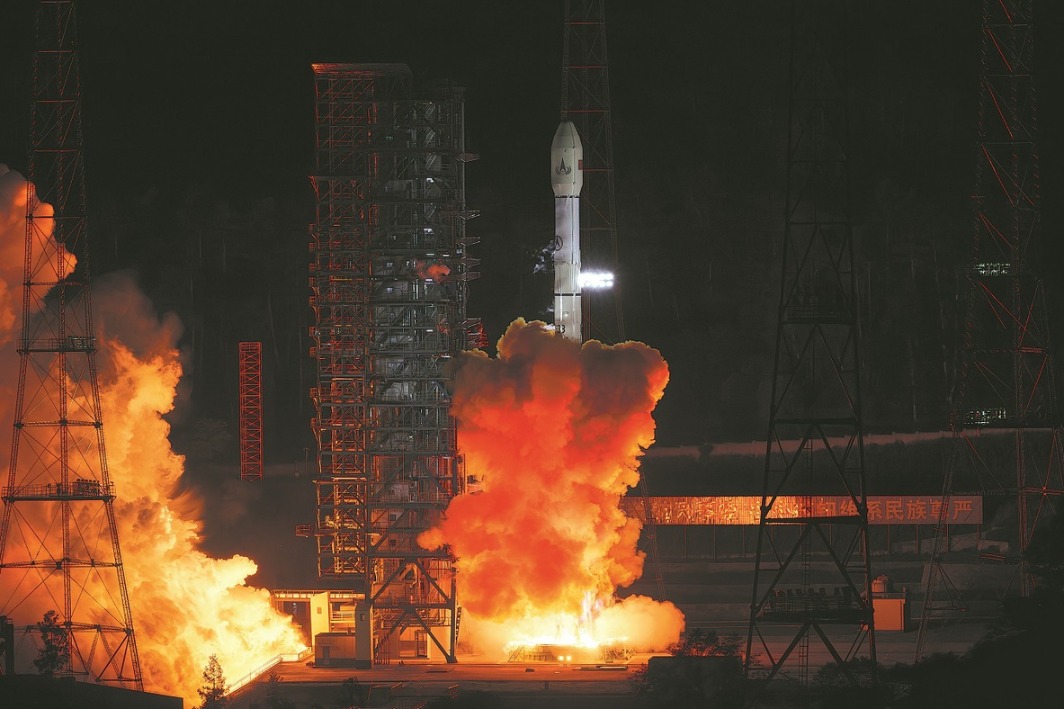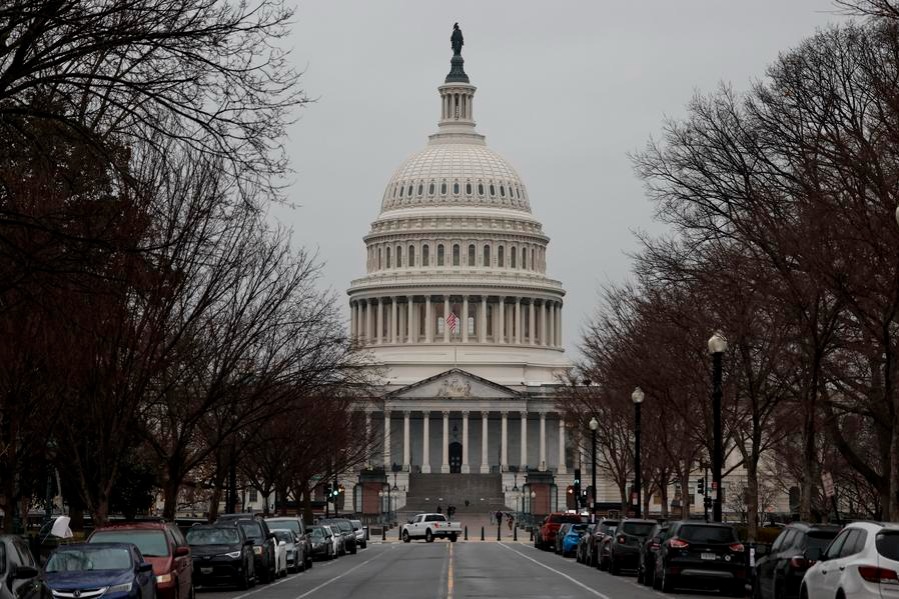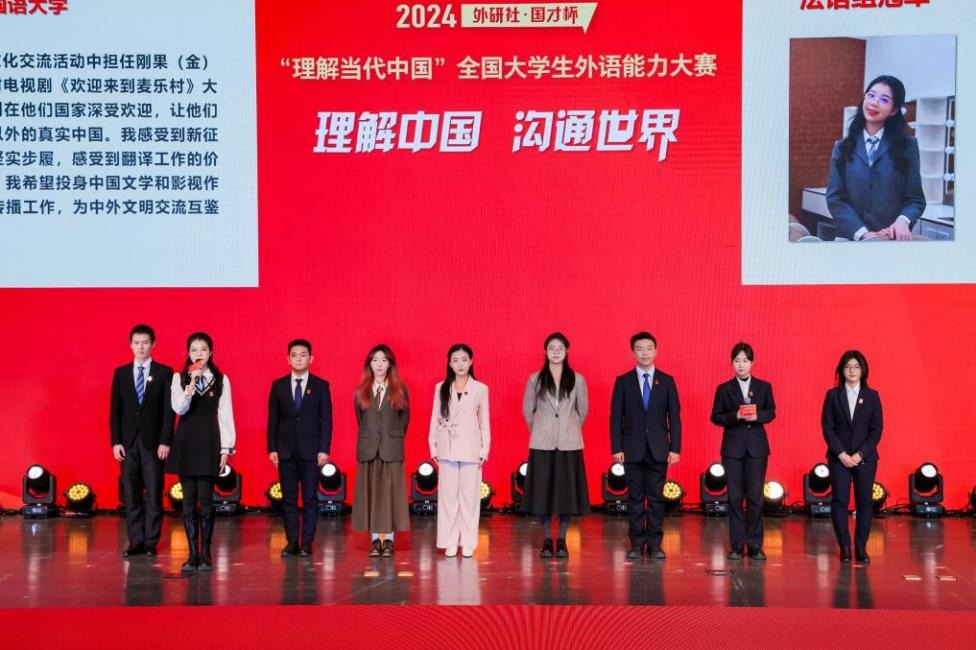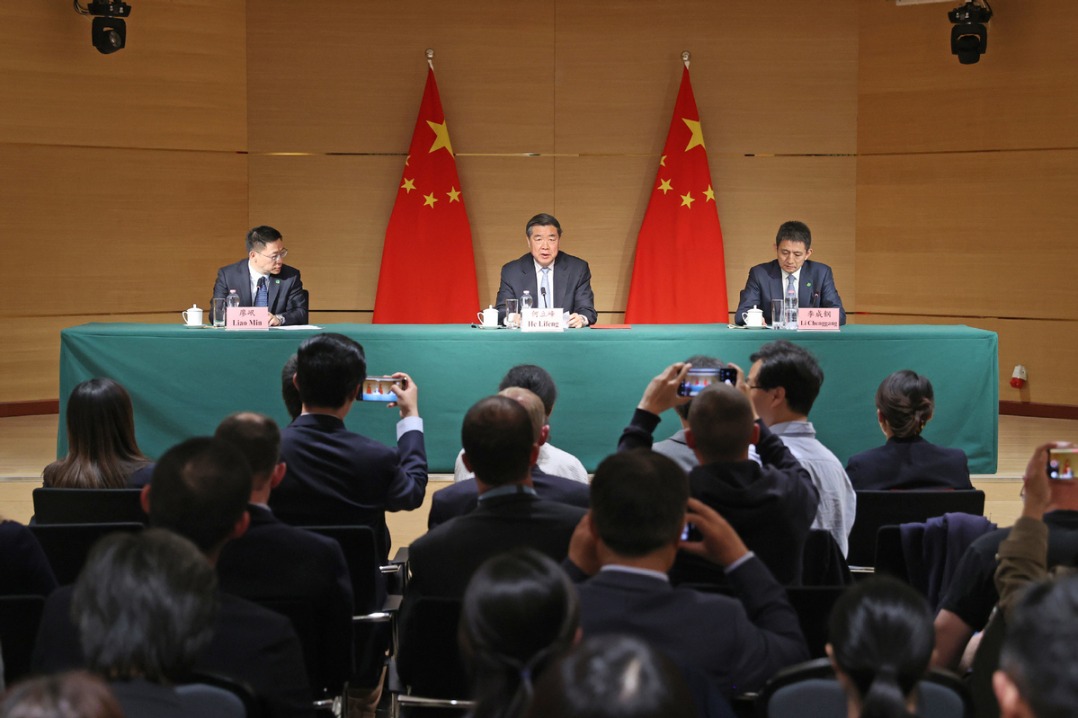Green is key to Sino-Brazilian collaboration
By Jose Pio Borges/Larissa Wachholz | China Daily Global | Updated: 2024-12-02 10:13
Following the high-level meeting between President Xi Jinping and President of Brazil Luiz Inacio Lula da Silva during the G20 Summit, it is worth reflecting on the direction of the Sino-Brazilian relationship and the areas in which there could be deeper collaboration.
Brazil and China are massive countries, with different but complementary economic profiles, facing enormous challenges posed by climate change and the need for decarbonization.
China is the second-largest economy in the world and its per capita income is about 20 percent higher than that of Brazil. As is natural for a large economy, Chinese companies are looking for investment and income-generating opportunities outside China.
Although Brazil is already among the main destinations for Chinese investment, there are huge opportunities for further growth. The areas to highlight are infrastructure and decarbonization, especially in view of the fact that the COP30 climate summit will take place in Brazil in 2025.
Brazil faces significant challenges when it comes to infrastructure investment, especially in the field of logistics. Although Chinese companies are well established in Brazil's electricity sector, the logistics segment still lacks a business model that China's financing agents are comfortable with.
For Chinese banks, the guarantee of demand is a key factor while analyzing the feasibility of infrastructure projects, which require large sums of money and long-term capital.
The electricity sector meets this requirement through purchase power agreements. For logistics, to help reduce risk and get as close as possible to what could be a guarantee of demand, it is important to bring Brazilian and Chinese agents closer together — investors, financiers and users of the infrastructure to be implemented.
Engaging the users of the infrastructure from its conception is a prerequisite for the success of projects with Chinese capital. The level of understanding and adaptation of Chinese companies to the Brazilian market increase when teams are made of local executives, a factor to be highlighted.
Brazil is one of the world's largest exporters of agricultural products, mainly soybeans, and China is its main destination. Brazil supplies 25 percent of China's agricultural imports.
Growing interdependence reinforces the need for efficient infrastructure — railroads, ports and warehousing — to support trade dynamics and reduce costs. Efficient logistics also means lower greenhouse gas emissions, which is a common goal.
Among the business opportunities linked to decarbonization, converging with the discussions that will take place at the COP30 summit, we have the possibility of intensifying Brazilian agricultural production in 40 million hectares of currently underused, low-productivity agricultural lands.
If raised to their full productive potential, those areas could double Brazil's agricultural production without deforestation. The result would be the low-carbon production of food, feed and feedstock that would support China's food security. It could also make a major contribution to the decarbonization of hard-to-abate sectors in which Chinese companies have global prominence, such as maritime shipping and sustainable aviation fuels.
China's engagement in the productive intensification of Brazilian agriculture and livestock, in addition to allowing the Asian country to access critical inputs to feed its growing urban middle class, can contribute to the strategy of adding value and diversifying Brazilian agricultural exports, as well as reindustrialization in a context of ecological transition.
China's dual commitment to peak emissions before 2030 and carbon neutrality before 2060 is mobilizing emissions-intensive sectors to seek solutions to help achieve the targets.
Brazil can be a partner in this effort by being a supplier of sustainable fuels for Chinese shipping and aviation companies. In addition, production intensification carried out under sustainability criteria, including traceability and the use of low-carbon techniques, would be a major contribution to decarbonizing Brazilian agricultural production and to reducing the countries' emissions related to land use.
That would be good for Brazil, China and the world. One possible path already exists: The Brazilian government has the National Program for the Conversion of Degraded Pastures, launched at the end of 2023.
China could join forces and support the initiative, bringing together supply and demand for the green, low-carbon production that can result from it.
Jose Pio Borges is chairman of the board of trustees and president of the Brazilian Center for International Relations (CEBRI). Larissa Wachholz is a senior fellow at CEBRI and a partner at Vallya, a Brazilian consulting firm. The views do not necessarily reflect those of China Daily.





